1. Archie Bunker’s Constant Slurs (All in the Family)
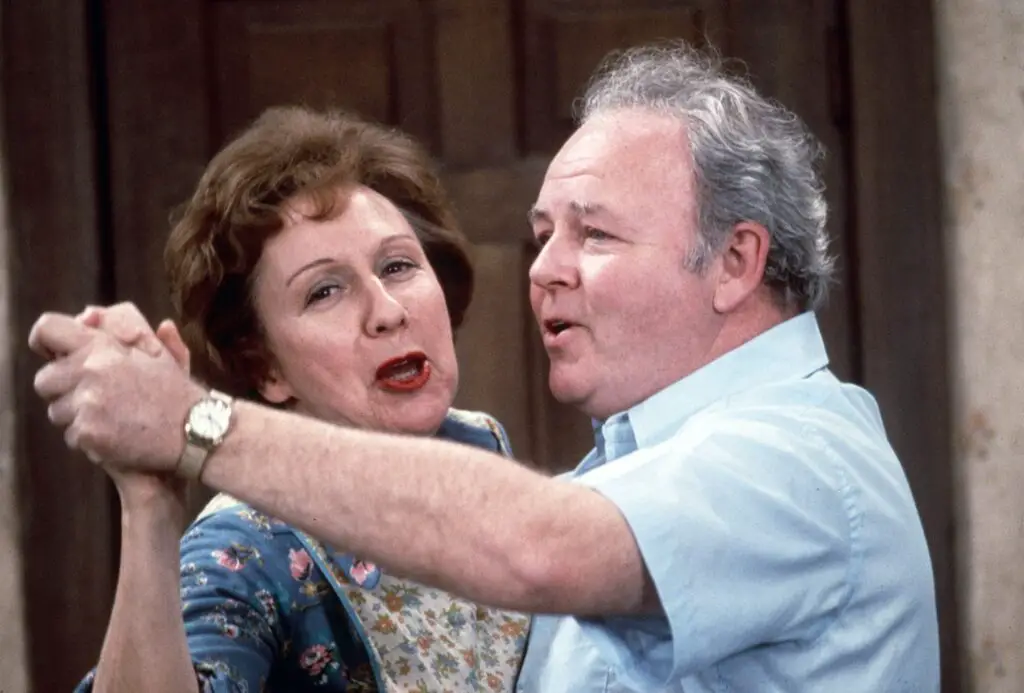
Archie Bunker was supposed to be a critique of bigotry, but in the ’70s, his rants became a centerpiece of All in the Family. He freely tossed around racial slurs, sexist remarks, and homophobic jabs, and even though the show tried to frame him as outdated, a lot of viewers laughed with him, not at him. Today’s audiences wouldn’t tolerate that kind of language, even under the guise of satire. It’s not just that it’s offensive—it’s that the joke often leaned too heavily on the slur itself shares MSN.
Modern networks have shifted toward punching up, not down, and Archie’s language would cause an uproar before the pilot even aired. While the show opened up conversations in its time, many of its episodes wouldn’t make it past a current standards-and-practices team. Rewriting Archie for today would mean giving him a major attitude adjustment says Los Angeles Times. Otherwise, he’d be canceled before he ever got to yell “Stifle yourself!”
2. The “Man in a Dress” Gags (M*A*S*H)
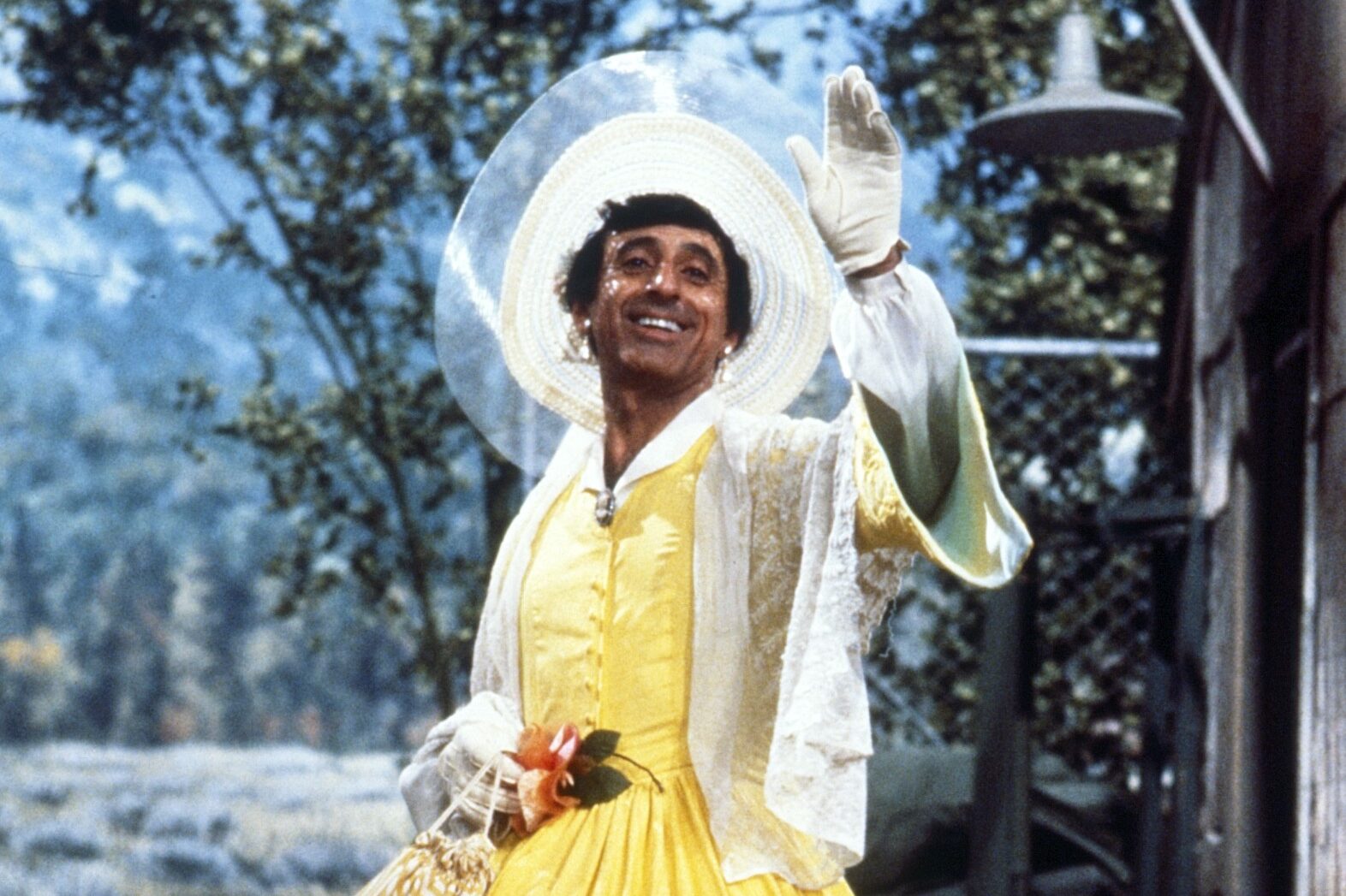
Corporal Klinger wore dresses on M*A*S*H in an attempt to get discharged from the Army for being mentally unfit. The joke was always that a man in women’s clothing must be disturbed, which played into harmful stereotypes about gender and mental health. It was considered hilarious at the time, but now it would raise a lot of eyebrows. With today’s growing understanding of gender identity, it just wouldn’t fly shares Screen Rant.
Even though M*A*S*H was often progressive for its time, this particular bit feels cringey in retrospect. If a show tried to pull the same gag now, it would likely be accused of mocking trans and non-binary people. Networks would be flooded with backlash, and for good reason. Humor like that simply doesn’t age well when it’s rooted in misunderstanding adds Reddit.
3. Jack Tripper Pretending to Be Gay (Three’s Company)
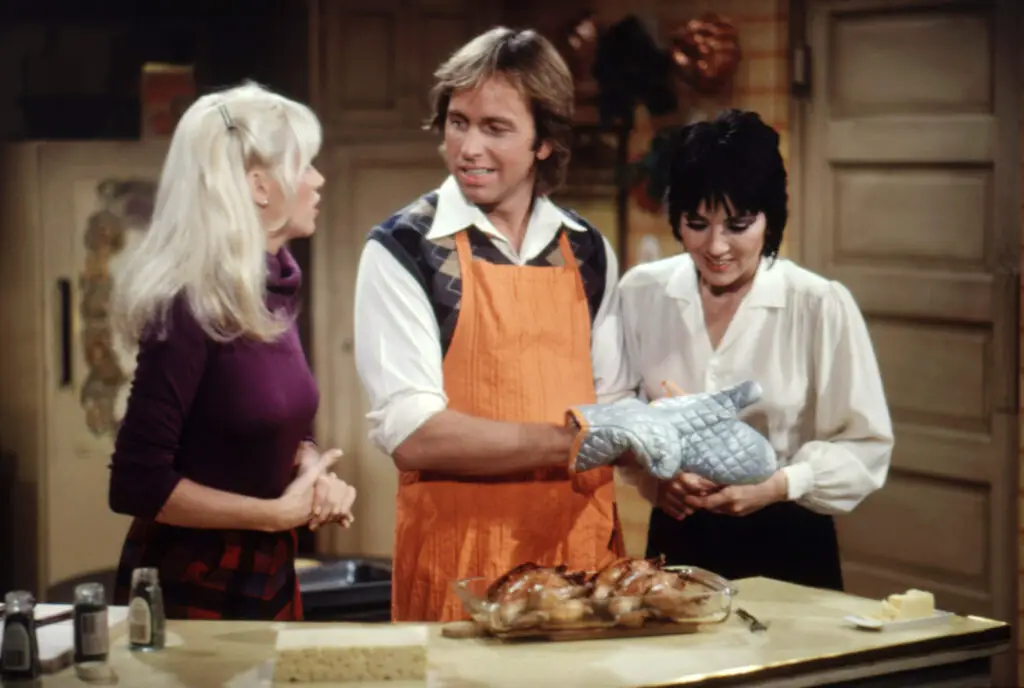
To live with two women, Jack Tripper had to convince his landlord that he was gay—and this lie was the setup for endless jokes. His performance was full of exaggerated gestures, limp wrists, and a wink-wink attitude that played homosexuality for laughs. In the ’70s, it was seen as cheeky and harmless, but in today’s climate, it would be seen as reducing LGBTQ+ identity to a punchline.
It’s one thing to portray a queer character authentically, but Jack’s charade was just that—a charade. It leaned into stereotypes that many people have worked hard to dismantle. The whole premise of the show would need reworking to avoid looking tone-deaf. Comedy has evolved, and relying on a lie about sexuality wouldn’t get the same kind of laughs today.
4. Bosses Groping Secretaries (The Bob Newhart Show, WKRP in Cincinnati)
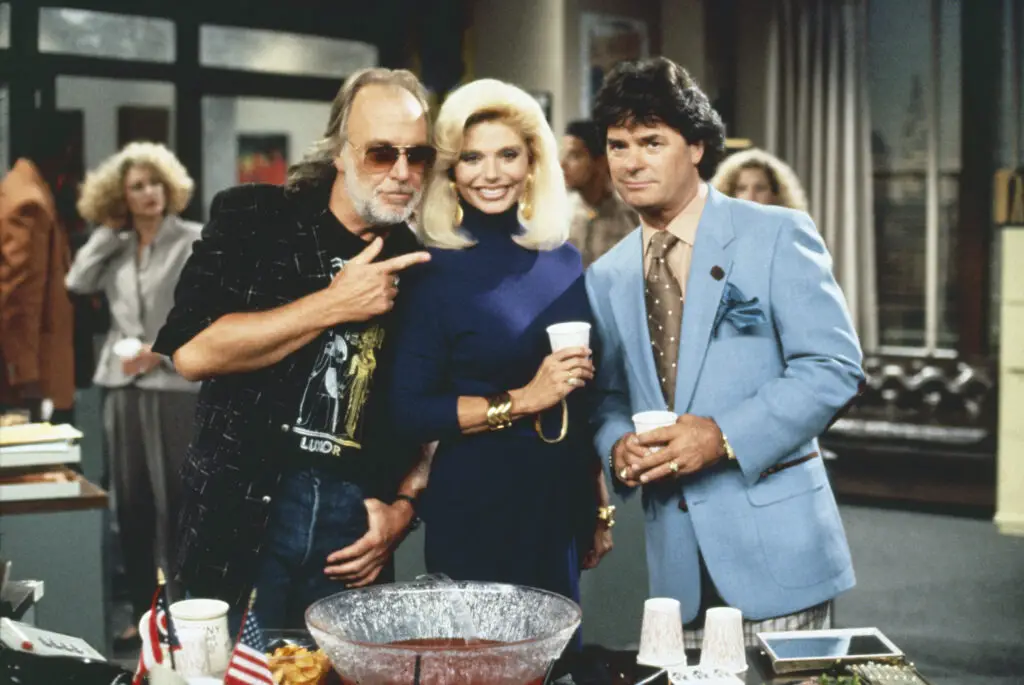
Back in the ’70s, sitcoms treated workplace harassment like a running joke. Bosses pinching secretaries, making suggestive comments, or ogling women in the office was just part of the scenery. It was meant to be harmless fun, but it didn’t feel harmless to everyone. Today, these scenes would raise serious red flags about consent and power dynamics.
In the post-#MeToo world, these moments would be condemned instead of chuckled at. The idea of writing in a boss who leers at his assistant would feel grotesque rather than funny. Even a character meant to be “lovable but clueless” would be held accountable. These shows would need a total overhaul just to get on the air today.
5. The “Ugly Girl” Makeover Trope (Happy Days, Laverne & Shirley)
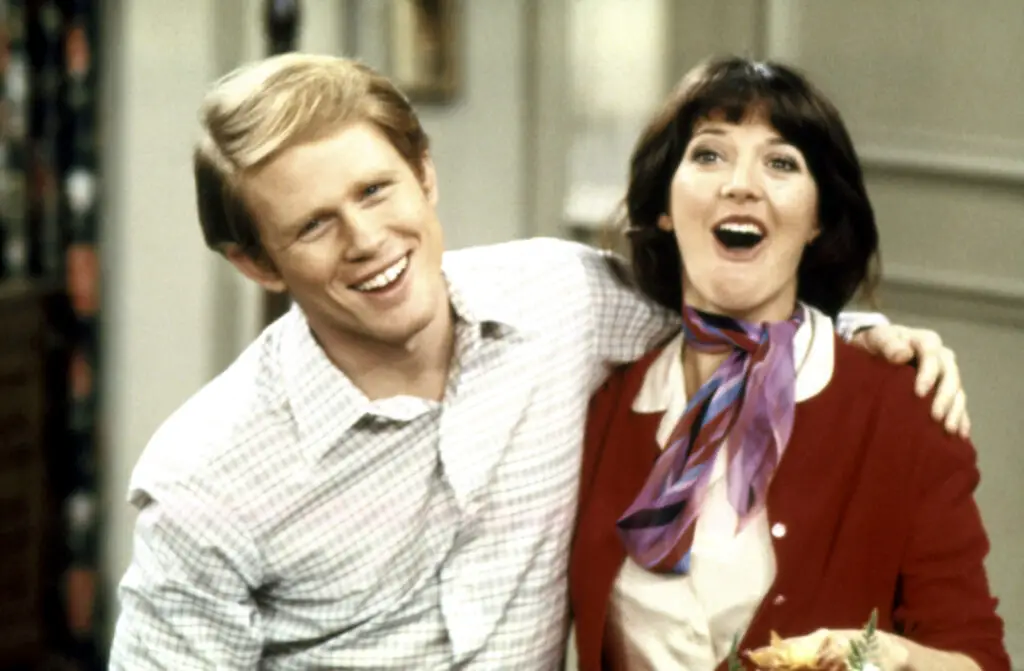
Some ’70s sitcoms loved a plot where an “unattractive” girl gets a makeover and suddenly everyone notices her. The humor usually came from how “ugly” she was before—frizzy hair, glasses, maybe a snorty laugh. After a few hours at the beauty salon, she’d show up and the audience would gasp. It was like a live-action fairy tale with a mean streak.
These days, the whole idea feels shallow and mean-spirited. It suggests a girl’s value only kicks in once she meets conventional beauty standards. And let’s be honest—those “before” looks were often totally fine. The jokes land differently now, especially when so much of today’s comedy leans toward body positivity and self-acceptance.
6. Jeannie’s Ownership Dynamic (I Dream of Jeannie Reruns)
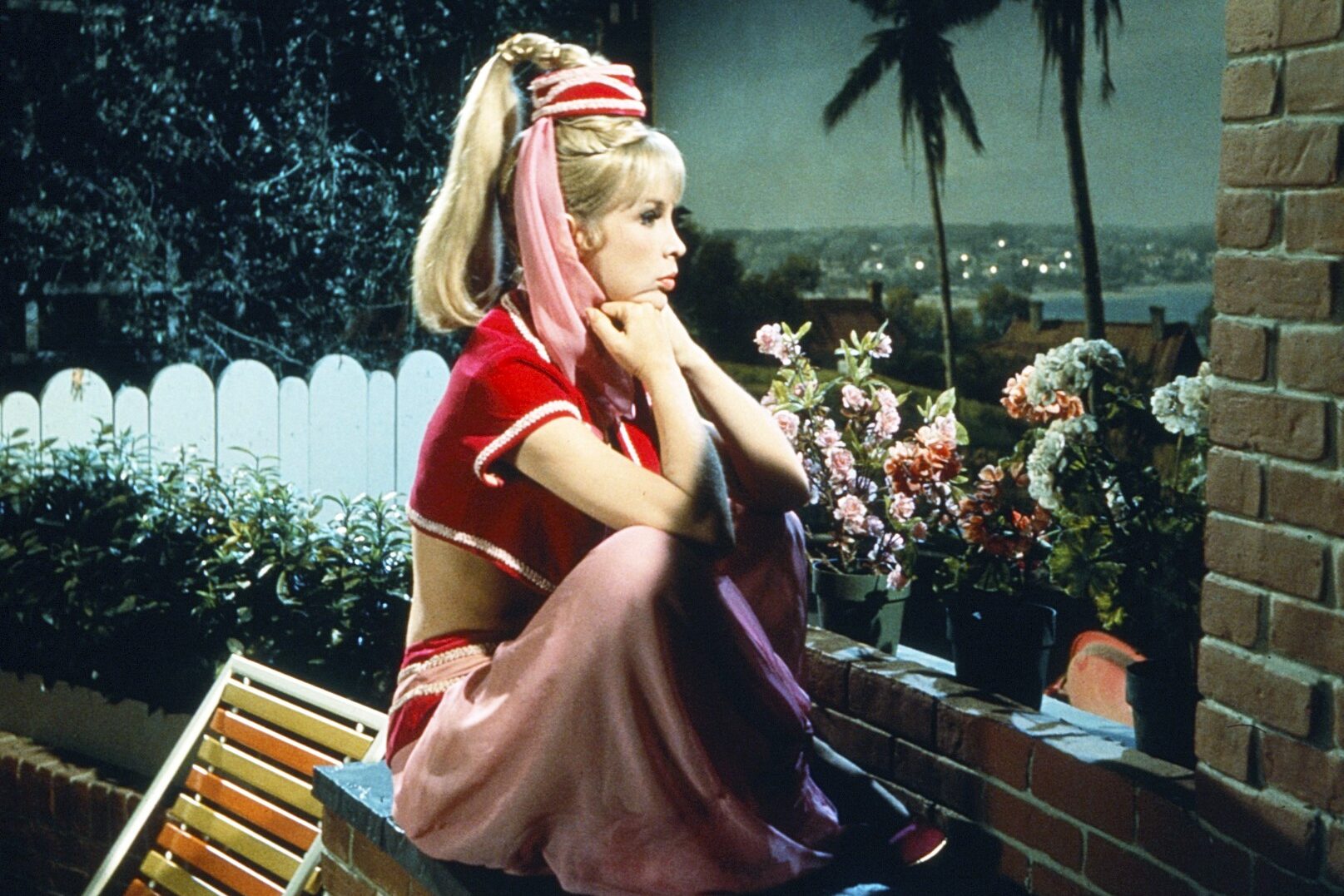
While the original series started in the ’60s, reruns of I Dream of Jeannie were a staple in the ’70s. The show’s entire premise revolves around a beautiful woman who calls her male master “Master.” Sure, it was campy fantasy, but the power dynamic was clear—and problematic. Jeannie was subservient, constantly trying to please her man, even when it meant sacrificing her own wants.
Today’s audiences are far more aware of the implications of depicting women as literal property. Even if the genie storyline stayed, you’d need to give Jeannie a lot more agency. Modern writers would likely flip the dynamic entirely or at least let her call the shots once in a while. Otherwise, she’d be seen as less of a character and more of a fantasy prop.
7. “Mental Hospital” Jokes (Sanford and Son, The Odd Couple)
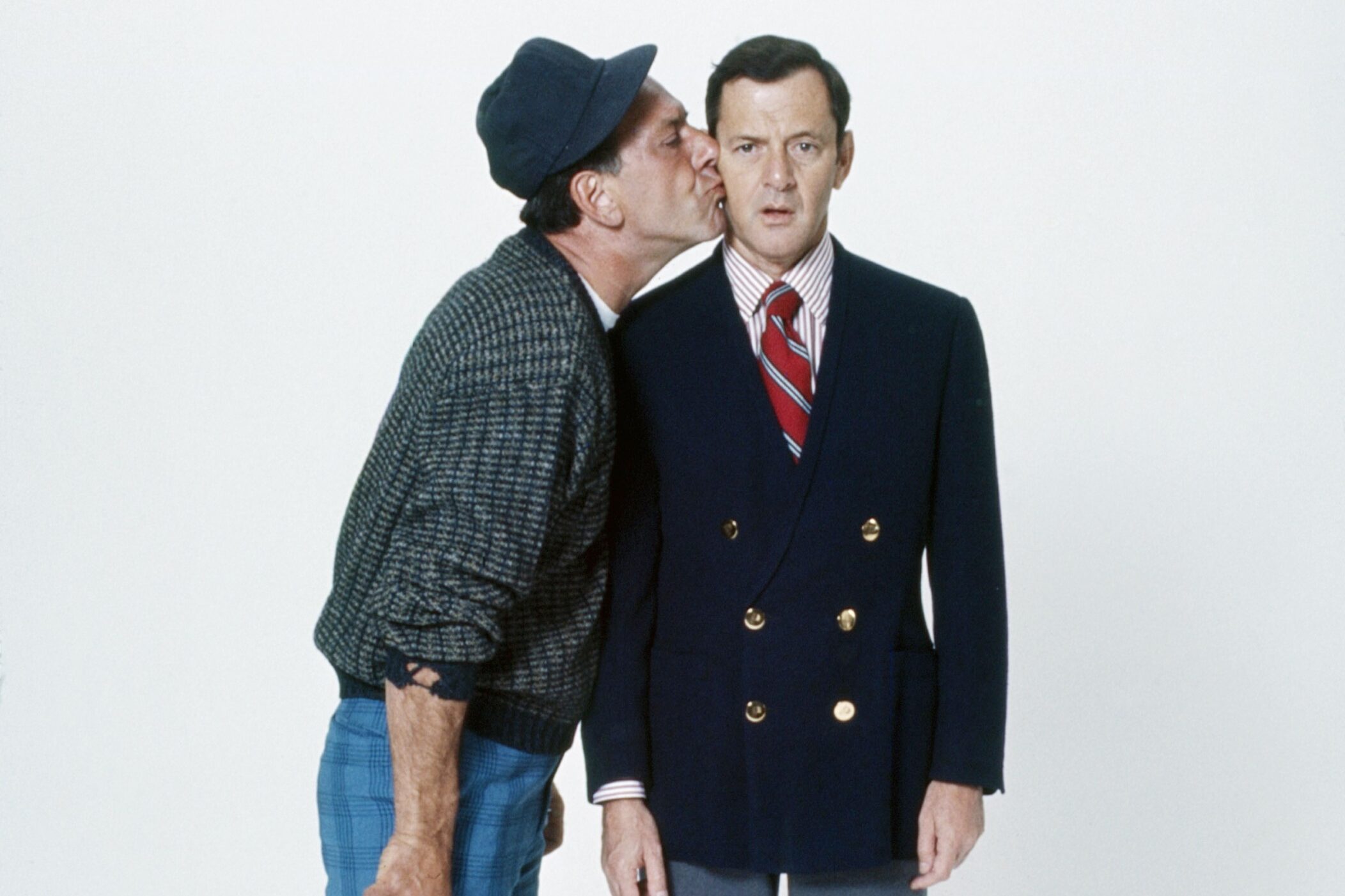
Some ’70s comedies treated mental illness like a punchline. If someone had a breakdown, they were carted off to a sanitarium and everyone cracked jokes. People with depression, anxiety, or even trauma were treated like comic relief. It was a sign of the times—but not a great one.
In today’s world, where mental health is taken more seriously, this kind of humor would be seen as insensitive. Audiences are more educated now, and they expect compassion, not mockery. A script with these kinds of jokes wouldn’t even get past the first table read. Comedy about mental health today leans toward empathy and truth, not cheap laughs.
8. Yellowface and White Actors Playing Asians (Kung Fu)
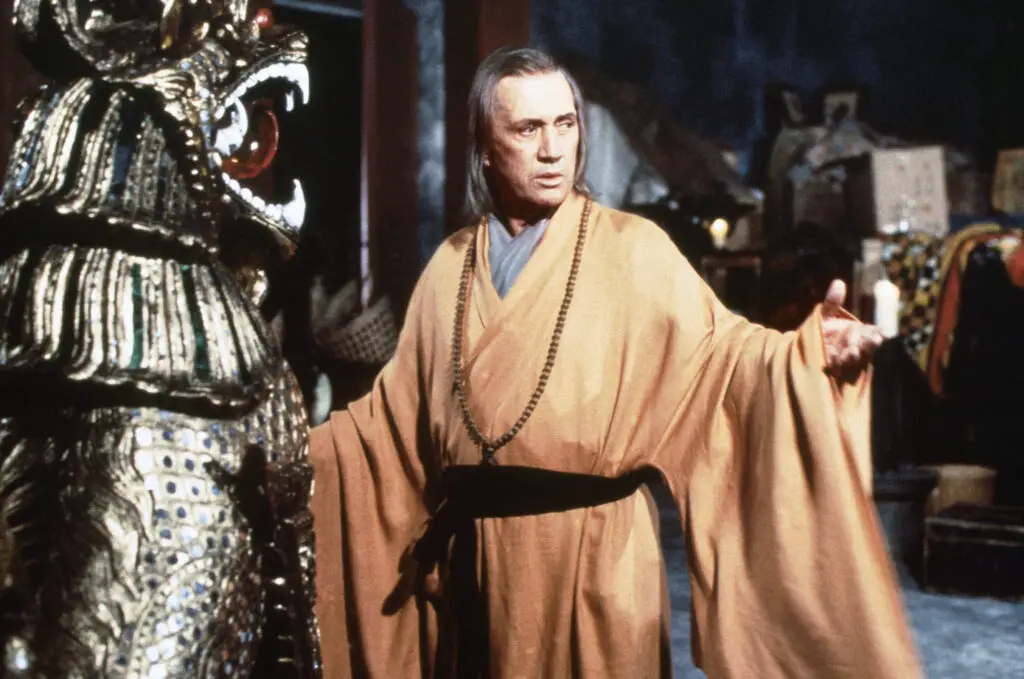
Kung Fu starred David Carradine as Kwai Chang Caine, a Shaolin monk in the Old West. But Carradine wasn’t Asian—he was a white actor playing an Asian character in makeup and adopting a stereotypical accent. In the ’70s, this kind of casting wasn’t just accepted—it was common. But now it’s recognized as a form of erasure and mockery.
Modern audiences would never accept this kind of portrayal, and for good reason. Casting a white actor in an Asian role is offensive and robs Asian actors of opportunities. The role itself was originally meant for Bruce Lee, which only adds to the sting. A show like Kung Fu would need to be cast authentically and respectfully to stand a chance today.
9. Fat Jokes Aimed at Women (Alice, The Ropers)
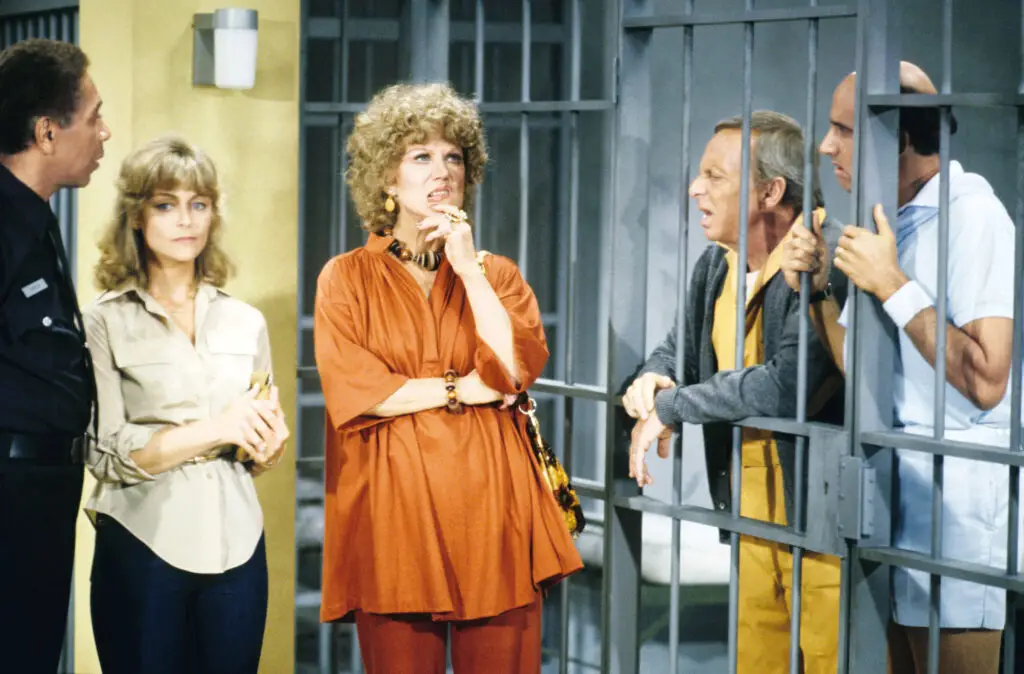
Women’s weight was an easy target in many ’70s sitcoms. Characters like Vera on Alice or Mrs. Roper on The Ropers were often the butt of jokes that revolved around their bodies. If a woman wasn’t model-thin, she became fair game for ridicule. Laugh tracks followed every cruel jab like it was the funniest thing ever.
Body shaming like this wouldn’t be tolerated now—not by audiences and certainly not by actresses. People have grown tired of comedy that punches down. Plus, the message it sends to viewers, especially young ones, is toxic. Today’s sitcoms try to include characters of all sizes without making their weight a joke.
10. “Indian” Stereotypes (Welcome Back, Kotter, Gilligan’s Island Reruns)
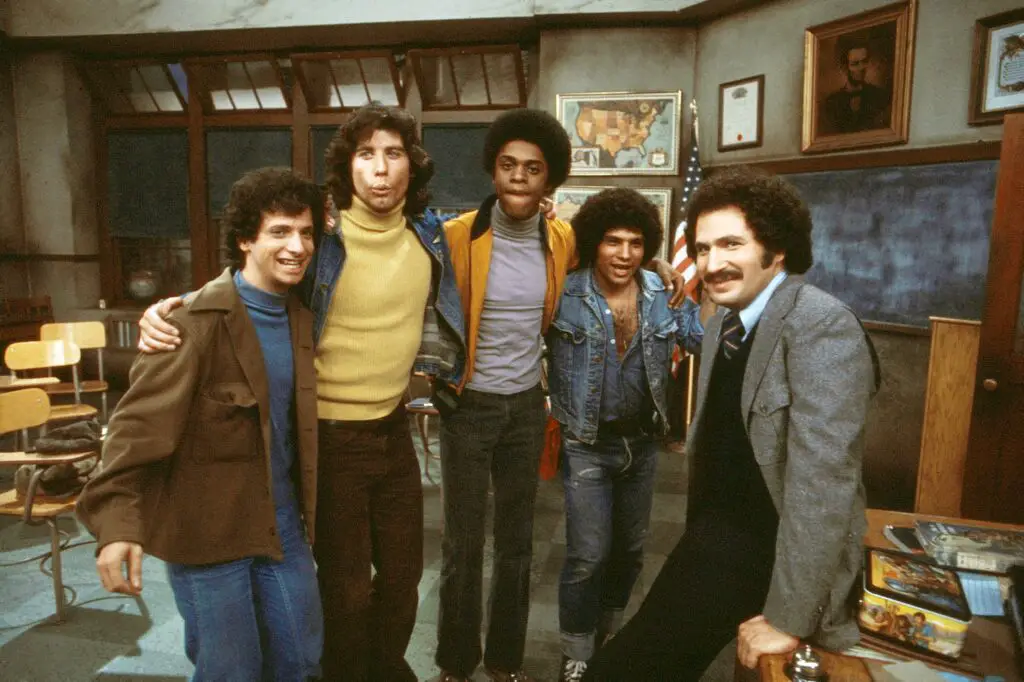
Characters pretending to be Native American, complete with feathers, whooping sounds, and made-up “tribal” behavior, showed up all over the place. Even in reruns of Gilligan’s Island, there were moments where someone donned a headdress and mimicked sacred traditions for laughs. In Welcome Back, Kotter, students did the same in classroom scenes. It was supposed to be silly—but it was deeply disrespectful.
Today, cultural appropriation and mocking indigenous traditions are not brushed off as harmless fun. Native communities have made it clear that these portrayals are harmful, not humorous. A network wouldn’t dare air these moments now without serious backlash. Comedy doesn’t need to rely on stereotypes to be funny—and finally, that’s being recognized.
11. The Oversexualized Teen Girl (Diff’rent Strokes, One Day at a Time)
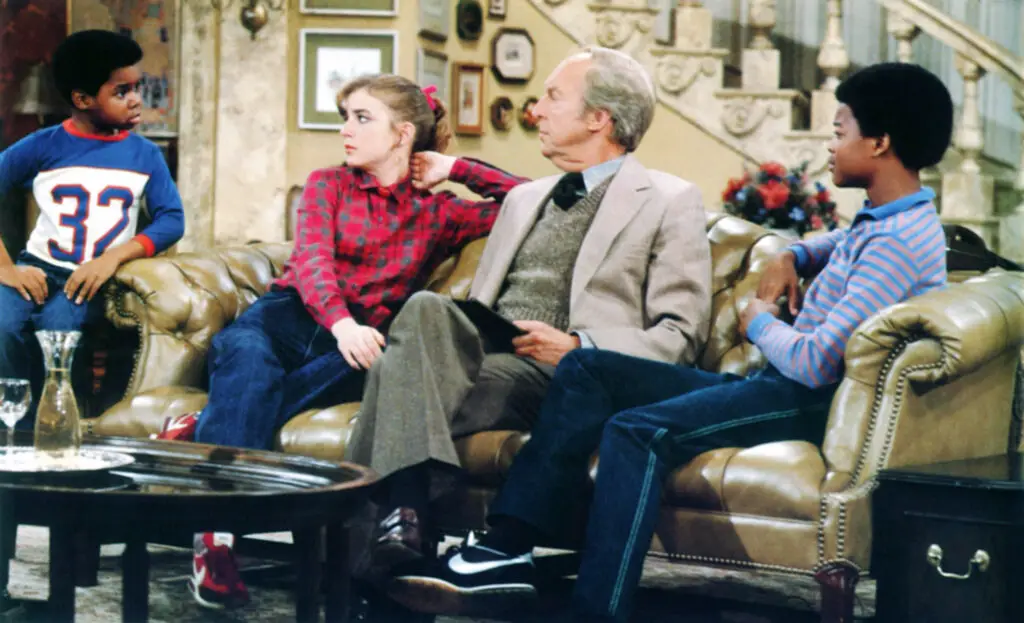
In several sitcoms, teen girls were written with adult sexual behavior or placed in questionable situations played for laughs. On Diff’rent Strokes, there was even a storyline about a pedophile that was meant to be “educational” but ended up feeling deeply uncomfortable. On One Day at a Time, teenage daughters were often the object of older men’s flirtations. These episodes blurred lines that would never be crossed now.
Modern standards prioritize child safety and consent in storytelling. Even if a show tried to handle sensitive issues, it would do so with nuance, not slapstick. Putting minors in sexually charged scenarios is no longer seen as brave or edgy—it’s seen as inappropriate. Today’s shows would treat these subjects with the seriousness they deserve.
12. Sexist Marriage Advice (The Honeymooners Reruns, Maude)
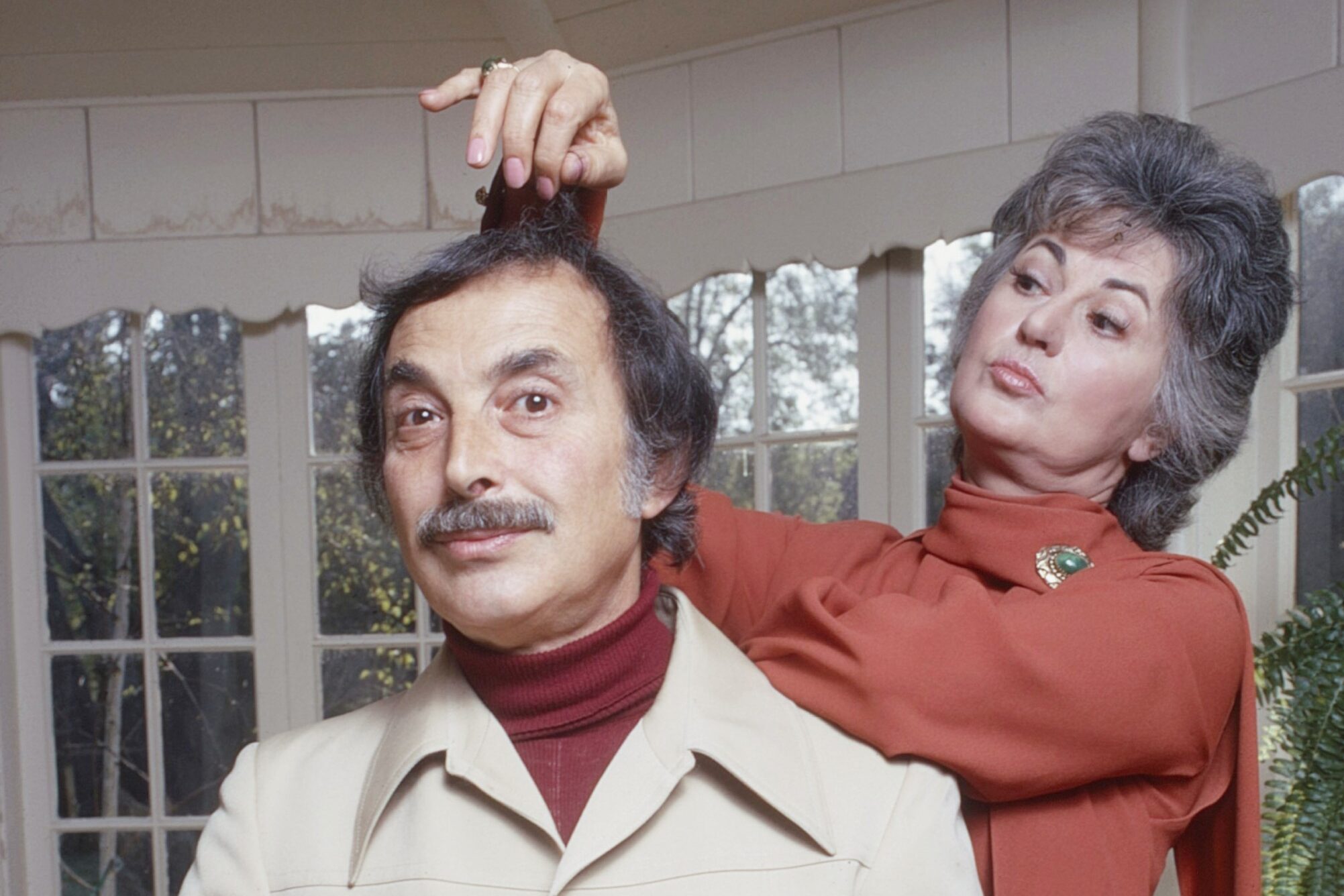
While The Honeymooners began in the ’50s, reruns were all over the airwaves in the ’70s, and Ralph’s constant threats to send Alice “to the moon” weren’t exactly subtle. Even on Maude, which was considered progressive, jokes about keeping husbands happy to avoid trouble were common. These shows often painted nagging wives and clueless husbands as a natural part of marriage. It was normalized, not questioned.
In today’s world, that kind of gender dynamic is under scrutiny. Marriage isn’t supposed to be a battleground for passive aggression and implied threats. Comedy can still tackle relationship struggles, but not by relying on tropes where men yell and women roll their eyes. It’s not funny when it’s reinforcing harmful norms—and audiences now expect better.
